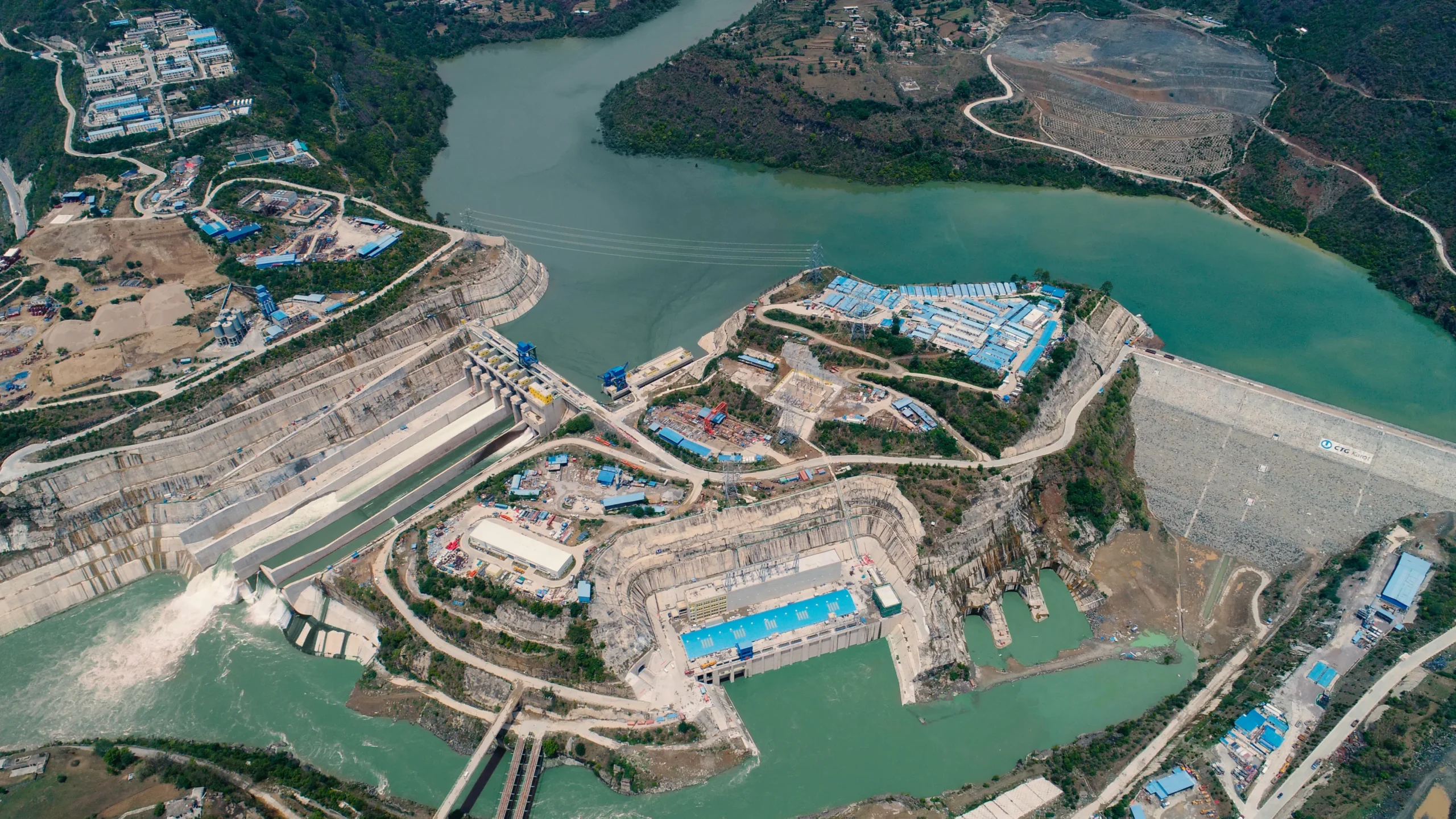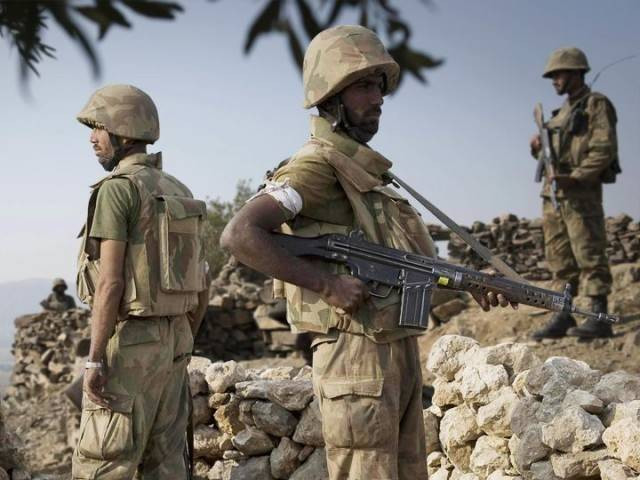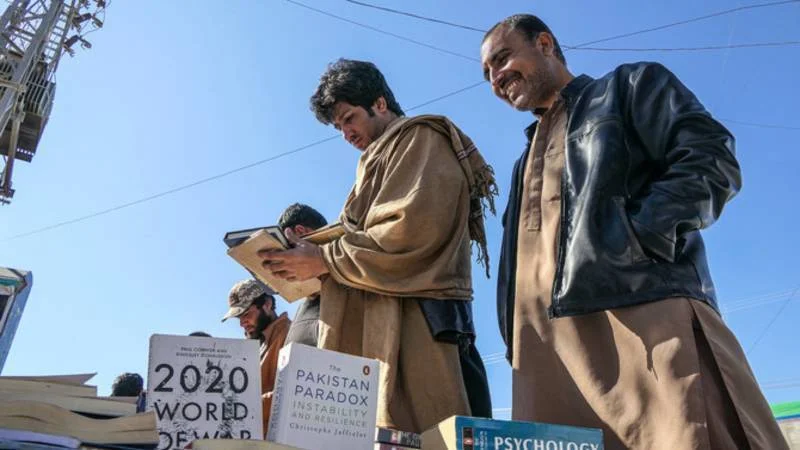Prime Minister Shehbaz Sharif’s visit to Balochistan on Thursday, March 14, 2025, in the aftermath of the Jaffar Express tragedy was meant to signal resolve. But it also exposed a troubling reality—Pakistan is once again mourning lives lost to terrorism that could have been prevented. The Foreign Office has pointed fingers at Afghanistan-based militants and their Indian handlers, but the deeper question remains: if the threat was known, if intelligence had warned of impending attacks, why was a civilian train left so vulnerable? Why was this crisis allowed to spiral into an international headline?
The attack on Jaffar Express was not just an act of terror; it was a full-scale hostage crisis that exposed the fragility of Pakistan’s security apparatus. On March 11, 2025, the Balochistan Liberation Army (BLA) hijacked the train near Sibi, taking 450 passengers hostage, including women and children, and leaving 24 dead. A nation that has fought decades of terrorism found itself once again paralyzed as militants turned an ordinary train ride into a bloodbath. The military’s swift action eliminated all 33 terrorists, but the damage was already done—both in human loss and in the message it sent about the state’s preparedness.
Balochistan’s Security Vulnerabilities: A Longstanding Issue
Balochistan remains Pakistan’s Achilles’ heel, a province where terrorism, external meddling, and political negligence intersect.
While successive governments have acknowledged the province’s vulnerabilities, the counterterrorism approach remains reactive rather than preemptive. With both internal and external actors responsible for this attack known, what matters now is not merely naming them but ensuring that those accountable—whether in Kabul, New Delhi, Islamabad, or elsewhere—face the full weight of consequences.
The failure to prevent the Jaffar Express massacre is not merely an intelligence lapse; it is a systemic failure that raises unsettling questions about governance and security. Why did intelligence warnings not translate into stronger security measures? Why was a civilian transport system left exposed in a region repeatedly targeted by militants? In addition, why, despite clear evidence of foreign involvement, does Pakistan’s response remain confined to statements rather than decisive action?
The BLA’s “Separatist” Myth: Time for a Reality Check
The BLA, for years, has masqueraded as a nationalist force fighting for Baloch rights, but its actions expose a different reality. Ethnic cleansing of Punjabi laborers, suicide bombings, and now a train hijacking—these are not the tactics of a liberation movement, but of a terrorist outfit serving interests far beyond Balochistan. The BLA’s ‘separatist’ myth is over. This attack should put an end to any romanticized notions about the BLA’s cause. Even within Balochistan, the group’s support base is eroding as ordinary Baloch civilians, many of whom were on that train, now see the BLA for what it is—an entity willing to shed innocent blood in pursuit of chaos.
Also See: BLA’s Jaffar Express Attack: A Disturbing Shift in Terrorist Tactics
Jaffar Express Tragedy and Foreign Involvement: India and Afghanistan’s Role
Pakistan’s Foreign Office has been unequivocal in its stance: this attack was not homegrown. It was “orchestrated and directed by terrorist ring leaders operating from abroad” with India implicated in the act of terrorism. But while India’s role is evident and Afghanistan’s inaction glaring, the more uncomfortable truth is that Pakistan’s own leadership has, time and again, failed to ensure a proactive counterterrorism strategy.
“Terrorists were in direct communications with Afghanistan based planners throughout the incident. Pakistan has repeatedly asked the interim Afghan government to deny the use of its soil for terrorist groups like BLA for their attacks against Pakistan. We urge Afghanistan to hold perpetrators, organizers, financiers, of this reprehensible act of terrorism accountable and cooperate with the government of Pakistan to bring all those who are concerned with this attack, including the real sponsors of terrorism to justice,” said Pakistan’s Foreign Office Spokesperson Shafqat Ali Khan during a weekly briefing on Thursday, March 13.
Moreover, intelligence sources confirm that phone calls made during the attack traced back to handlers in Nimroz, Afghanistan. This is not an isolated case. From Kulbhushan Jadhav’s 2016 arrest to the confessions of surrendered terrorist leaders of terrorist groups operating in Balochistan such as Sarfraz Bangulzai, the Indian connection to terrorism in Balochistan is well documented. Yet, despite repeated warnings and diplomatic engagements, Kabul continues to turn a blind eye to terrorist sanctuaries within its borders. Is the Taliban government unwilling to act, or simply incapable of controlling the elements within its territory?
Internal Accountability Over Jaffar Express Tragedy: The Failure to Act
Nevertheless, external factors cannot absolve Pakistan’s internal failures. The political leadership must answer for its lack of urgency in securing Balochistan, while security agencies must explain why, despite having intelligence, the attack was not thwarted.
The reality is that counterterrorism cannot be a bureaucratic exercise carried out in press conferences—it demands on-the-ground enforcement, accountability, and above all, the political will to root out both the militants and the complacency that allows them to operate.
The crisis was allowed to escalate, grabbing global headlines and painting Pakistan as a state perpetually on the defensive. This is not just a security failure—it is a governance failure, and unless both political and military institutions commit to a cohesive strategy, history will keep repeating itself.
The response to this attack must be more than just retaliation. It must be a recalibration of Pakistan’s entire counterterrorism approach in Balochistan. A full-scale crackdown on BLA networks, intensified diplomatic pressure on Afghanistan, and a global campaign exposing India’s role in regional destabilization are not optional; they are imperative. At the same time, the state must address the political vacuum that allows militancy to fester. Balochistan cannot remain an afterthought, only gaining attention after blood has been spilled.
The Jaffar Express massacre is a reckoning—a moment that should force Pakistan’s leadership to confront the failures that allowed it to happen. The question is no longer just about who is responsible—because that much is already clear. The real question is: what will Pakistan do about it? Will it act with the urgency this crisis demands, or will another attack force the same conversation yet again?

![A hostage crisis, foreign handlers, and state failures—Jaffar Express tragedy raises tough questions for Pakistan and the urgent need for decisive action. [Image via SAT Creatives]](https://southasiatimes.org/wp-content/uploads/2025/03/SAT-Web-Banners-19.webp)




